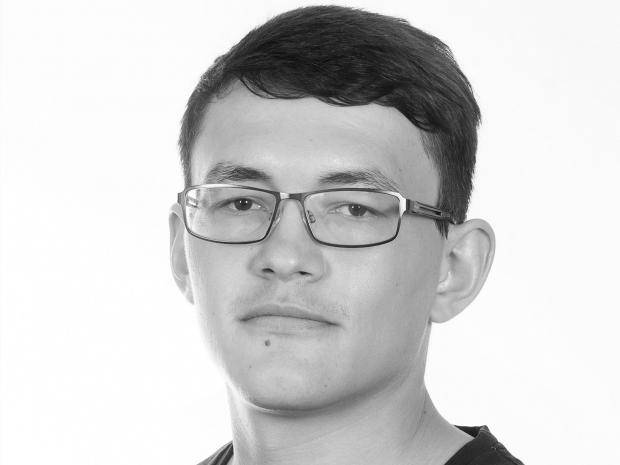A non-legislative resolution approved by the European Parliament on April 19 calls on the European Union to better protect journalists and whistle-blowers and for Slovakia to ensure thorough, independent and international investigation into the murder of Ján Kuciak.
Passed by 573 votes against 27, with 47 abstentions, the European Parliament strongly condemned the murder of Slovak investigative journalist Ján Kuciak and his fiancée Martina Kušnírová and suggests renaming Parliament’s traineeship for journalists after him.
“The murders of Daphne Caruana Galizia and Jan Kuciak are an attempt to undermine our fundamental values and a blow to the rule of law in the European Union,” said the president of the European Parliament, Antonio Tajani.
“This Parliament wishes to strengthen the right and duty of journalists to stand by free and independent information. We owe this to Daphne and Jan and to all European journalists who fight on the frontline every day in defence of our democracy.”
“These horrific murders was the second time in the space of a few months that Europe bore witness to the assassination of journalists investigating corruption and its links with dirty money,” said MEP Roberta Metsola, from the European People’s Party (EPP). “Daphne Caruana Galizia was killed 6 months ago after a car bomb was detonated outside her home in Malta. Today’s vote comes after the launch of the Daphne Project in which some of the world’s leading media houses continue Daphne Caruana Galizia’s work. It sends such a strong message both to those seeking to uncover the truth and to those seeking to bury it – that even in death, journalists cannot be silenced. The truth will come out.”
In turn, the Progressive Alliance of Socialists and Democrats (S&D) Group backed the resolution that calls on the EU to support the investigation into the murders and for new protections for journalists.
S&D MEP and chair of the parliament’s civil liberties, justice and home affairs committee, Claude Moraes, who co-chaired a recent fact finding mission to Slovakia, said: “We have now seen two respected investigative journalists murdered in Europe in the last six months. It shows both the extreme lengths that organised criminals will go to prevent scrutiny of their financial activities and why the work of investigative journalists is so vital. Although these are the most extreme and tragic cases, far too often journalists are subject to intimidation, legal actions, and threats to their careers. We want the European Commission to come forward with proposals on how we can better protect journalists.”
The resolution calls for the creation of an EU-wide prize recognising the work of investigative journalists. It would be similar to the Sakharov prize which recognises those working to protect human rights.

